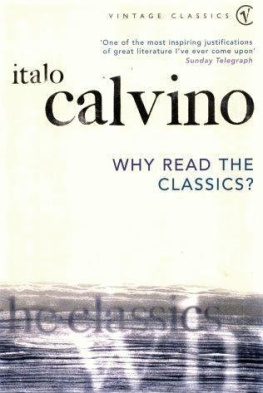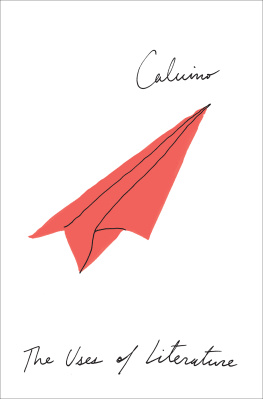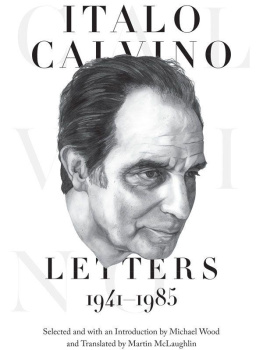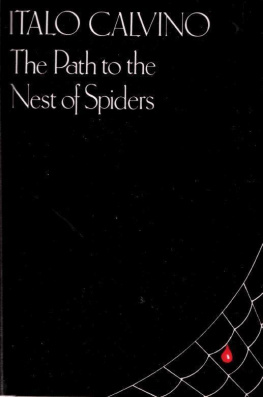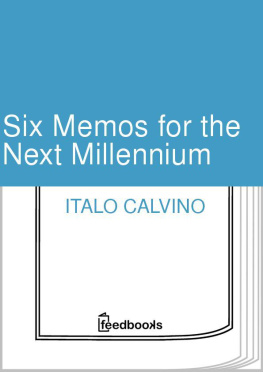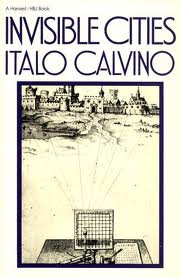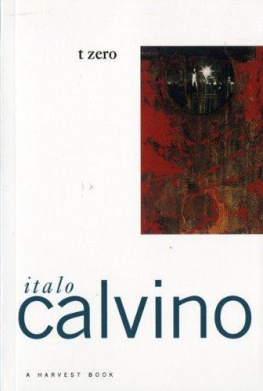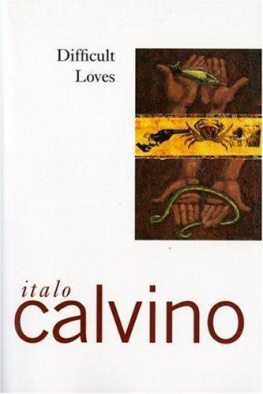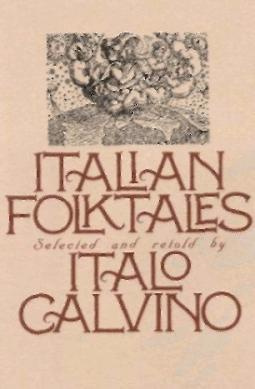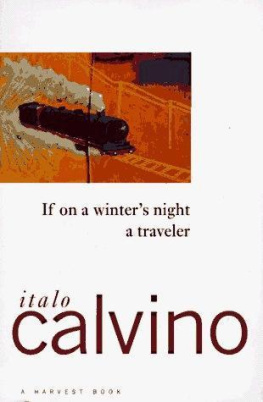Italo Calvino - Why Read the Classics?
Here you can read online Italo Calvino - Why Read the Classics? full text of the book (entire story) in english for free. Download pdf and epub, get meaning, cover and reviews about this ebook. year: 2000, publisher: Vintage, genre: Art. Description of the work, (preface) as well as reviews are available. Best literature library LitArk.com created for fans of good reading and offers a wide selection of genres:
Romance novel
Science fiction
Adventure
Detective
Science
History
Home and family
Prose
Art
Politics
Computer
Non-fiction
Religion
Business
Children
Humor
Choose a favorite category and find really read worthwhile books. Enjoy immersion in the world of imagination, feel the emotions of the characters or learn something new for yourself, make an fascinating discovery.
- Book:Why Read the Classics?
- Author:
- Publisher:Vintage
- Genre:
- Year:2000
- Rating:5 / 5
- Favourites:Add to favourites
- Your mark:
- 100
- 1
- 2
- 3
- 4
- 5
Why Read the Classics?: summary, description and annotation
We offer to read an annotation, description, summary or preface (depends on what the author of the book "Why Read the Classics?" wrote himself). If you haven't found the necessary information about the book — write in the comments, we will try to find it.
Why Read the Classics? — read online for free the complete book (whole text) full work
Below is the text of the book, divided by pages. System saving the place of the last page read, allows you to conveniently read the book "Why Read the Classics?" online for free, without having to search again every time where you left off. Put a bookmark, and you can go to the page where you finished reading at any time.
Font size:
Interval:
Bookmark:

Italo Calvino
Why Read the
CLASSICS?
Translated from the Italian by
MARTIN MCLAUGHLIN
Translation copyright 1999 by Jonathan Cape
ISBN 0-679-41524-6
Contents
Translator's Introduction vii Preface 1
Why Read the Classics? 3
The Odysseys Within The Odyssey 11
Xenophon's Anabasis 19
Ovid and Universal Contiguity 25
The Sky, Man, the Elephant 37
Nezami's Seven Princesses 47
Tirant lo Blanc 53
The Structure of the Orlando Furioso 59
Brief Anthology of Octaves from Ariosto 69
Gerolamo Cardano 77
The Book of Nature in Galileo 83
Cyrano on the Moon 91
Robinson Crusoe, Journal of Mercantile Virtues 97
Candide, or Concerning Narrative Rapidity 103
Denis Diderot, Jacques le Fataliste 107
Giammaria Ortes 113
Knowledge as Dust-cloud in Stendhal 119
Guide for New Readers of Stendhal's Charterhouse 131
The City as Novel in Balzac 139
Charles Dickens, Our Mutual Friend 145
Gustave Flaubert, Trois Contes 151
Leo Tolstoy, Two Hussars 155
Mark Twain, The Man That Corrupted Hadleyburg 159
Henry James, Daisy Miller 165
Robert Louis Stevenson, The Pavilion on the Links 169
Conrad's Captains 173
Pasternak and the Revolution 179
The World is an Artichoke 197
Carlo Emilio Gadda, the Pasticciaccio 201
Eugenio Montale, 'Forse un mattino andando' 209
Montale's Cliff 219
Hemingway and Ourselves 223
Francis Ponge 231
Jorge Luis Borges 237
The Philosophy of Raymond Queneau 245
Pavese and Human Sacrifice 261
Publisher's Note 265
Translator's Introduction
Eleven of the thirty-six essays in this book have appeared in English before.1 The justification for retranslating those eleven pieces stems from the desire to provide an integral English version that corresponds exactly to the important posthumous anthology Perch leggere i classici (Milan: Mondadori, 1991). That volume represents a personal collection of essays on Calvino 's classics, selected in consultation with the author's widow, and based on material that the author had set aside for some such future publication. Calvino's English readers now not only have access to a substantial and coherent sample of his literary criticism but can also gain an insight into what amounts to his personal canon of great classics. Some of the essays appearing here for the first time in English translation will be of particular interest to Calvino's readers in the Anglo-American world: no fewer than seven of them deal with major authors of texts in English (Defoe, Dickens, Conrad, Stevenson, Twain, James, Hemingway), while others contain substantial references to writers such as Sterne (Diderot), Shakespeare (Ortes), Dickens (Balzac) and Kipling (Hemingway).
One of several other insights that this collection offers is the omnivorous nature of Calvino's tastes in reading. Apart from the seven essays on texts in English, Italian literature naturally enjoys pride of place with ten essays, but there are no fewer than nine devoted to French works, four to classical authors from the ancient world, and two each to Russian and Hispanic writers.
The volume also provides an idea of how one of the twentieth century's greatest fiction writers developed as a literary critic, starting with early essays from his militant Communist period in the 1950s (on Conrad,
Hemingway, Defoe, Pasternak), covering his prolific and varied literary interests in the 1970s (English, Russian, French and Greco-Roman writers), right down to some of his final and finest essays written in the 1980s. The essays chart the development of an increasingly sophisticated literary critic, who was anything but provincial in his literary tastes: on the evidence of these essays, even if he had not become an internationally renowned fiction writer, Calvino would have been one of the most interesting essayists and critics of the twentieth century.
Why Read the Classics? also mirrors the fiction writer's own creative evolution, from neorealist to postmodernist, from Conrad and Hemingway to Queneau and Borges. Right from the outset he was particularly interested in literature in English: Stevenson and Kipling had been favourite authors in his childhood, and his university thesis on Conrad (completed while he was writing his first novel, in 1946-47) was a precocious study of the ideas, characters and style of the author of Lord Jim. As a writer of neorealist fiction, he was naturally deeply indebted to Hemingway, so it is no surprise to find that these two authors are the subjects of the earliest essays in this collection. During the 1950s, as his own fiction shifts from neorealism towards fantasy, Calvino moves away from twentieth-century authors: the essay on Robinson Crusoe is almost exacdy contemporary with his longest, and most 'Robinsonian' novel, The Baron in the Trees (1957), and many of the episodes highlighted in Calvino's essay on Defoe resurface intertextually in his novel.
The 1963 essay on Gadda was written just at the time when a new literary avant-garde emerged in Italy which also had a profound effect on Calvino. Gadda's sense of the complexity of the world suited perfectly the mood of the author, who at that stage was turning his back on traditional realist fiction and embarking on the cosmicomical tales that were to confirm his international reputation as a major fantasist. These cosmic interests are reflected in the essays on Cyrano and Galileo: the latter, Calvino claimed in a famous polemic in the 1960s, was one of the most important Italian prosewriters ever.
Many of the 1970s essays in this collection are introductions to novellas or long short stories by authors such as James, Twain, Tolstoy, Stevenson and Balzac. This was part of an attractive initiative undertaken by Calvino in those years, the series he launched with Einaudi entitled 'Centopagine'. He always held a high aesthetic regard for brief texts (of no more than one hundred pages) which avoided the complexity and length of the novel. His
often declared admiration for eighteenth-century Enlightenment values is reflected in the essays on Diderot, Voltaire and Ortes, while his enthusiasm for classic nineteenth-century fiction is evident in the substantial contributions on Stendhal and Flaubert, and in the detailed analysis of Our Mutual Friend, which displays particular sensitivity to Dickens' style and to the comparative efficacy of rival Italian translations of the novel.
One final trend also evident here is worth noting: in the 1970s and 1980s not only does Calvino turn back to Italian classics such as Ariosto, but he also rereads a number of ancient texts, such as Homer, Xenophon, Ovid and Pliny. His creative writing in this period is also informed by this new aspiration towards classical qualities: in the central section of Invisible Cities, for instance, the city of Baucis explicitly recalls the myth in the central book of Ovid's Metamorphoses, discussed at length in the essay in this volume. Similarly the central definition of Pliny in the 1982 essay ('the measured movement of [Pliny's] prose ... is enlivened by his admiration for everything that exists and his respect for the infinite diversity of all phenomena') throws interesting light on the creative work Calvino was composing at this same time: in one sense Mr Palomar (1983) is a modern, or post-modern, Pliny, its smooth prose encompassing his interest in all flora and fauna. Calvino's appetite for French literature also embraces contemporary writers such as Ponge and Queneau, the essay on the latter reflecting the Italian author's interest in that innovative blend of literature and mathematics that was characteristic of the French author and his friends in the OULIPO (Ouvroir de Littrature Potentielle); while Ponge's defamiliarisation of quotidian objects echoes Mr Palomar's attempt to see the universe with fresh eyes, whether it be waves on a beach, the sky at night, or the blades of grass in a lawn. The collection as a whole thus offers a kind of rear view into the everyday workshop of a great creative writer: what Calvino read was often metamorphosed creatively, intertextually, into what Calvino wrote.
Next pageFont size:
Interval:
Bookmark:
Similar books «Why Read the Classics?»
Look at similar books to Why Read the Classics?. We have selected literature similar in name and meaning in the hope of providing readers with more options to find new, interesting, not yet read works.
Discussion, reviews of the book Why Read the Classics? and just readers' own opinions. Leave your comments, write what you think about the work, its meaning or the main characters. Specify what exactly you liked and what you didn't like, and why you think so.

